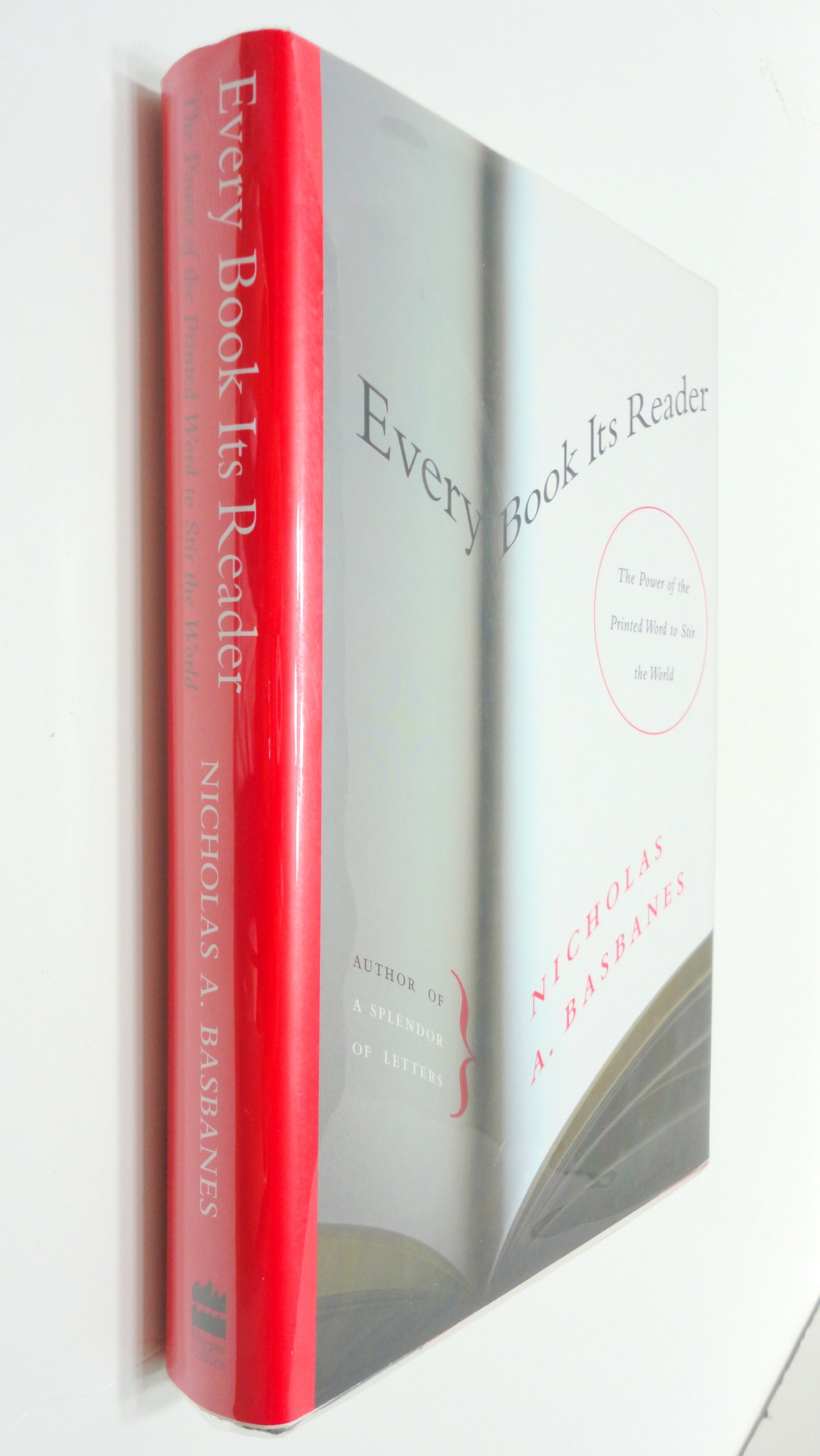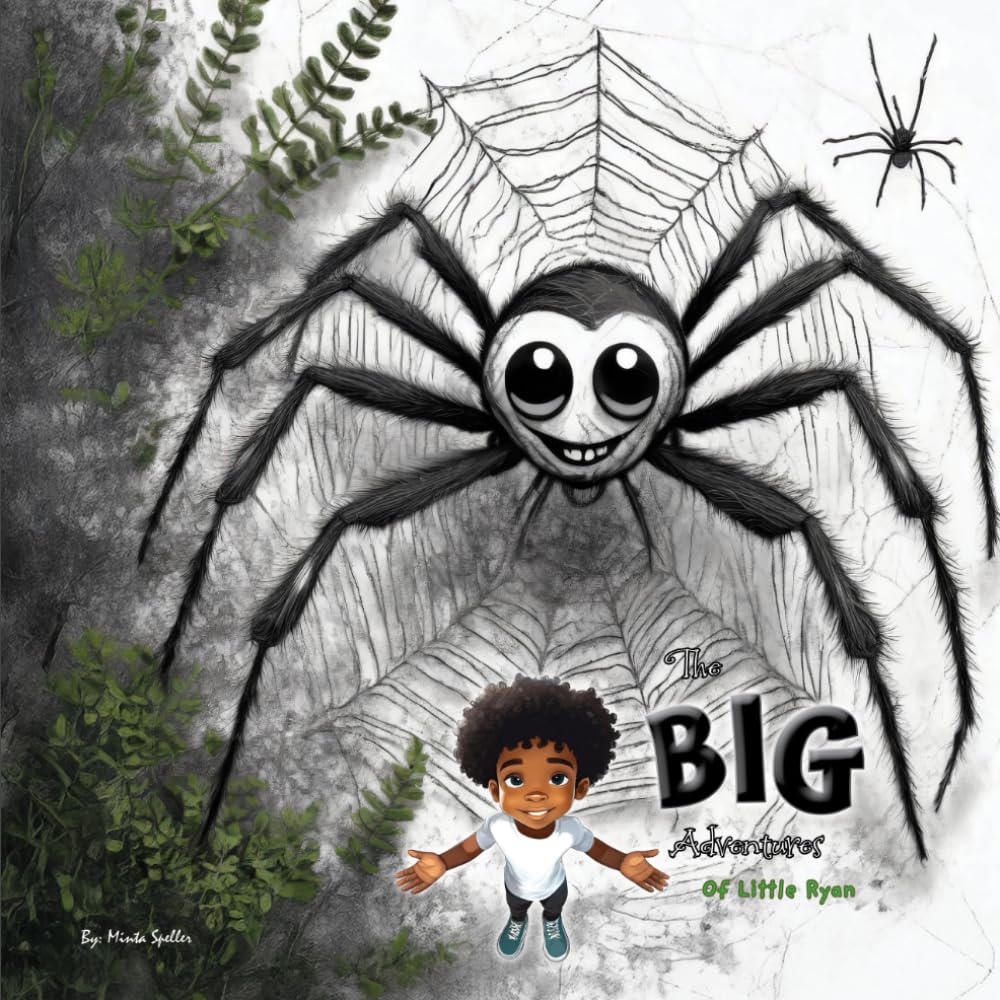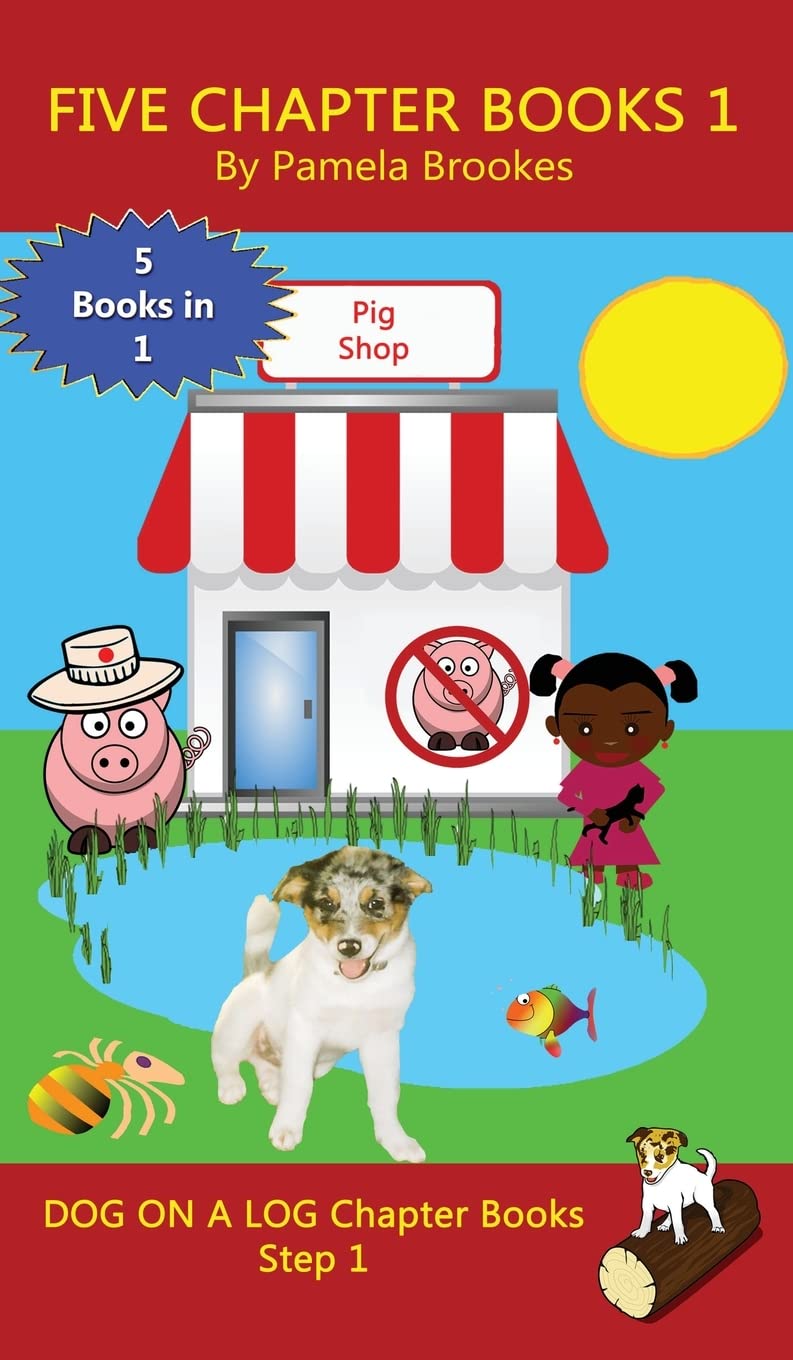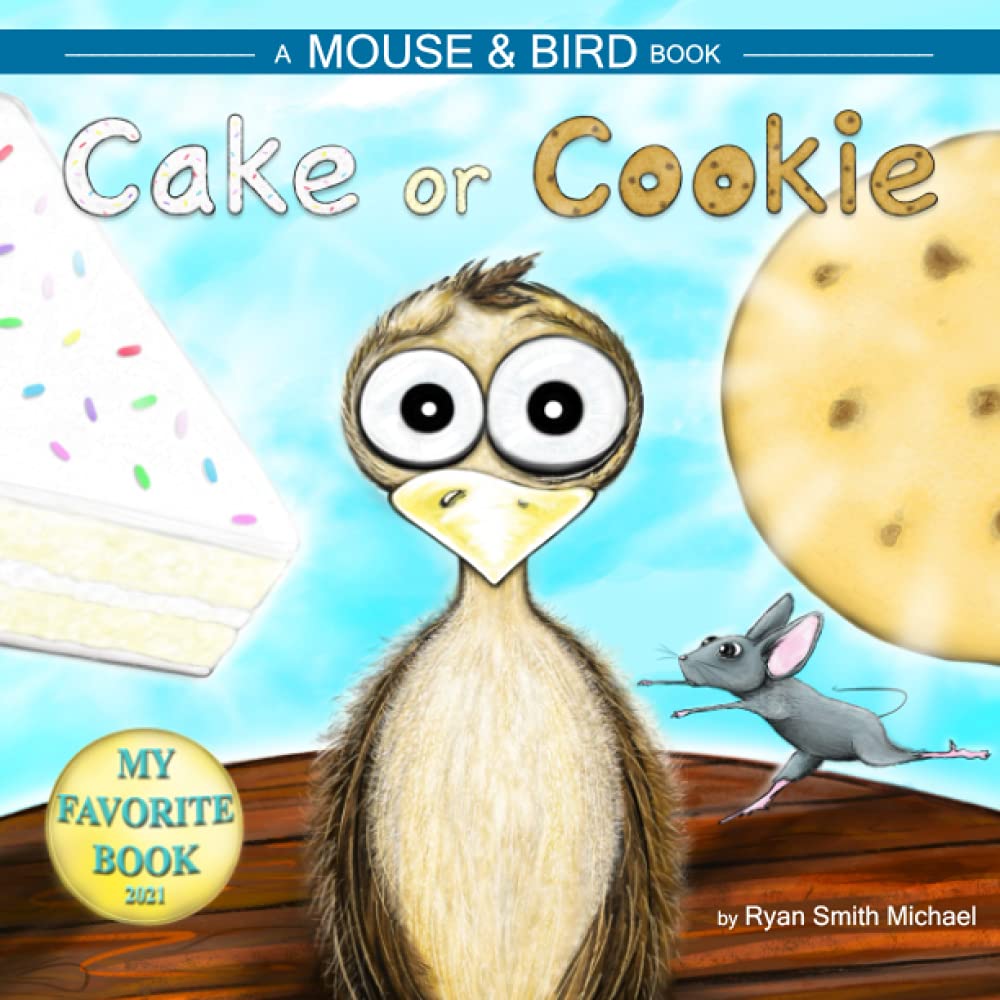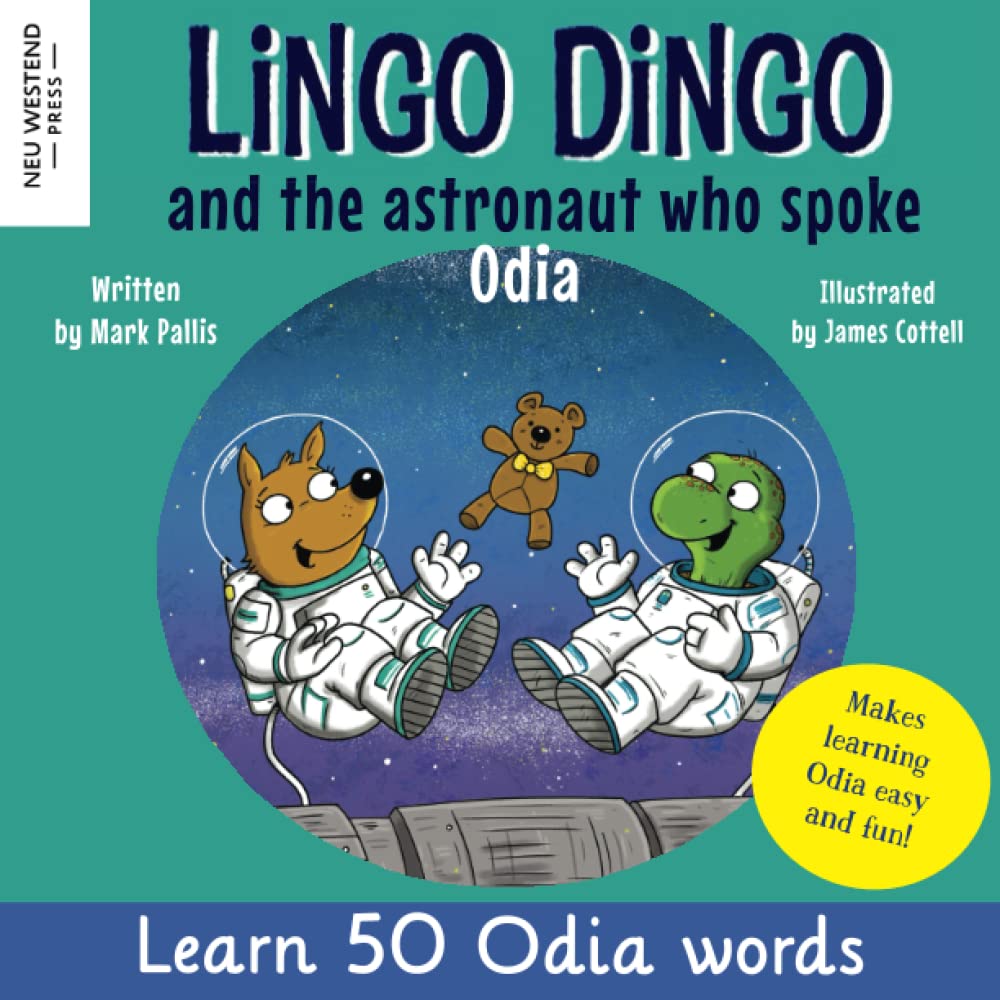Inspired by a landmark exhibition mounted by the British Museum in 1963 to celebrate five eventful centuries of the printed word, Nicholas A. Basbanes offers a lively consideration of writings that have "made things happen" in the world, works that have both nudged the course of history and fired the imagination of countless influential people. In his fifth work to examine a specific aspect of book culture, Basbanes also asks what we can know about such figures as John Milton, Edward Gibbon, John Locke, Isaac Newton, Samuel Taylor Coleridge, John Adams, Frederick Douglass, Abraham Lincoln, Henry James, Thomas Edison, Helen Keller -- even the notorious Marquis de Sade and Adolf Hitler -- by knowing what they have read. He shows how books that many of these people have consulted, in some cases annotated with their marginal notes, can offer tantalizing clues to the evolution of their character and the development of their thought. Taking the concept one step further, Basbanes profiles some of the most articulate readers of our time -- David McCullough, Harold Bloom, Robert Fagles, Robert Coles, Helen Vendler, Elaine Pagels, Daniel Aaron, Christopher Ricks, Matthew Bruccoli, and Perri Klass among them -- who discuss such relevant concepts as literary canons, classic works in translation, the timelessness of poetry, the formation of sacred texts, and the power of literature to train physicians, nurture children, and rehabilitate criminal offenders. "Basbanes has a deep and abiding passion for books -- a joyful addiction," Dan Smith wrote in the Toronto Star of Patience & Fortitude , characterizing his body of work as "part travelogue, part scholarship, and all story." The tradition continues with Every Book Its Reader . No one writes with more verve and fluency about the history of books and reading than bibliophile Basbanes. In his fifth lively, original, and free-flowing book, Basbanes wonders about what books Shakespeare might have read, and he explicates the source for bowdlerize : Henrietta and Thomas Bowdler published a sanitized, family-safe edition of Shakespeare's plays in 1807. A fascinating survey of writers' libraries, including those of Edward Gibbon and Henry James, leads to a consideration of the practice of keeping "commonplace books," or notebooks in which writers copy "significant excerpts" from books they read. A conversation with historian and biographer David McCullough engenders discussion of the reading habits of American presidents, while Elaine Pagels offers useful analysis of how people view the Bible, and visits with literary scholar Matthew J. Bruccoli inspire thoughts on the value of collecting writers' artifacts. Basbanes also insightfully profiles passionate book lovers and sages Robert Coles, Helen Vendler, and Harold Bloom. A reader's delight, Basbanes' work testifies to all that literature does for the human spirit. Donna Seaman Copyright © American Library Association. All rights reserved “These essays…occupy a corner of the grand salon of the history of ideas.” -- Amanda Heller, Boston Globe “‘Affection, laughter, argument’--aptly characterize the work of this great contemporary celebrant of the common, and the uncommon reader, Basbanes.” -- Michael Dirda, Weekly Standard “If Oprah would only join the ranks of Cervantes’s fans, he’d have a chance at today’s bestseller list.” -- Brigitte Weeks, Washington Post Book World “Nicholas Basbanes is the Pied Piper of bibliophiles.” -- John Harper, Orlando Sentinel “No living person has thought more about the extraordinary power of books than Nicholas Basbanes.” -- Ellis Henican, Newsday “First-rate reporting….[EBIR] allows us to step away from our myopic fixation on writers and consider the reader.” -- Karen Long, Cleveland Plain Dealer “[An] admirably wide excursion into literature, history and biography.” -- Kathleen Burke, Smithsonian Magazine “Every Book Its Reader reminds us that books, in all their myriad forms, are necessary equipment for living.” -- Los Angeles Times Nicholas A. Basbanes has worked as an award-winning investigative reporter, a literary editor, and a nationally syndicated columnist. The author of five books, he also writes a regular column for Fine Books & Collections magazine and lectures widely on book-related issues. He and his wife, Constance, live in Massachusetts.
